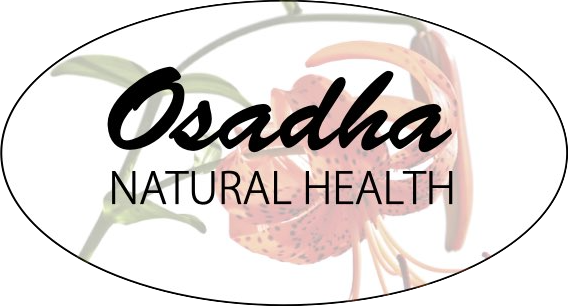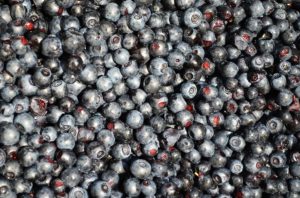The eyes and our other senses are our windows to the world. Vision is a powerful sense that we often take for granted. And this particular window is sensitive…to dryness, dust and other irritants. There are some simple steps you can use to support the health of these valuable portals of information and beauty. I’ve found all three to be useful for myself, for friends as well as for clients in my wellness practice.
1) Eat dark berries regularly. Blueberries, bilberries, blackberries, strawberries, raspberries, loganberries, huckleberries, mix them up! Blueberries get all the press but any of these would be great. Put berries on your oatmeal, in smoothies, eat them by the handful, put them on salads. I aim for about 1/2-1 cup daily. Berries are a great source of anti-oxidant and anti-inflammatory pigments, like anthocyanins, that promote the health of those tiny blood vessels so important for vision, influence pigment function in the eye and may support he health of the retina. Other fruits like Elder, Rose Hips and Hawthorn are also great as teas, liquid extracts, or tasty syrups. I’ve used them for myself and my clients successfully for a variety of minor eye issues. Use hawthorn cautiously in folks with low blood pressure. Berries are a great example of letting food be your medicine!
2) Get in your omega 3s! I had pretty intense eye pain a couple years ago to the extent that I had to keep my left eye closed when out in the sun. I went in to the eye doc since glaucoma runs in the family and due to the fact that I had a history of high eye pressure (that came down pretty quickly after starting myself on a careful selection of herbs). Turns out the problem was dry eyes. The doc asked if I supplemented with fish oil, and I had until a couple months prior to the problem. I went back on a good quality oil and what a difference!
The omega 3 to use is DHA. EPA, which converts to DHA, would also be good. DHA is found in high levels in the retina, where it plays a critical important role in proper eye development and in maintaining eye health throughout life. Research shows DHA to be useful nutritional support for dry eye syndrome and macular degeneration. You can get DHA and EPA in fish oil, krill oil or microalgae oil. The quality of oils varies wildly. Read independent brand reviews and look for level of mercury contamination, rancidity, and amount of DHA and EPA (some have not-so-useful levels). I use about 1mg daily of DHA/EPA combined.
Going with the “food as medicine” theme, include cold water, oily fish in your diet and look for those with the highest level of omega 3s and the lowest levels of mercury. Some good options: Salmon, sardines, mussels, trout, Atlantic mackerel, oysters, pollock and herring.
3) Try a chamomile poultice for irritated eyes. A chamomile tea bag is a simple way to soothe an eye that’s been irritated by dust, dryness or other minor issues. German chamomile, the species usually used for tea, is a gentle anti-inflammatory herb that provides cooling, soothing care. Simply soak the bag briefly in just enough freshly boiled, clean water to wet it through. Let it cool a bit and apply directly over eye. Keep your “eye poultice” on for 10 -15 minutes. I’ve even gotten a chamomile tea bag from a gas station in the middle of nowhere when my friend and I were on a road trip and his right eye became inflamed. While it’s obvious, be careful not to get any loose bits of chamomile in the eye. And, if you’re also stressed out, steep a second bag to sip and use for a bit of aromatherapy! For intense pain or anything else that’s beyond minor, get in to an eye doctor.
~~~
Content © Dr. Anna Marija Helt, Osadha Natural Health, LLC. Permission to republish any of the articles or videos in full or in part online or in print must be granted by the author in writing.
The articles and videos on this website for educational purposes only & have not been evaluated by the Food and Drug Administration. This information is not intended to diagnose, treat, cure, or prevent any disease or to substitute for advice from a licensed healthcare provider.

